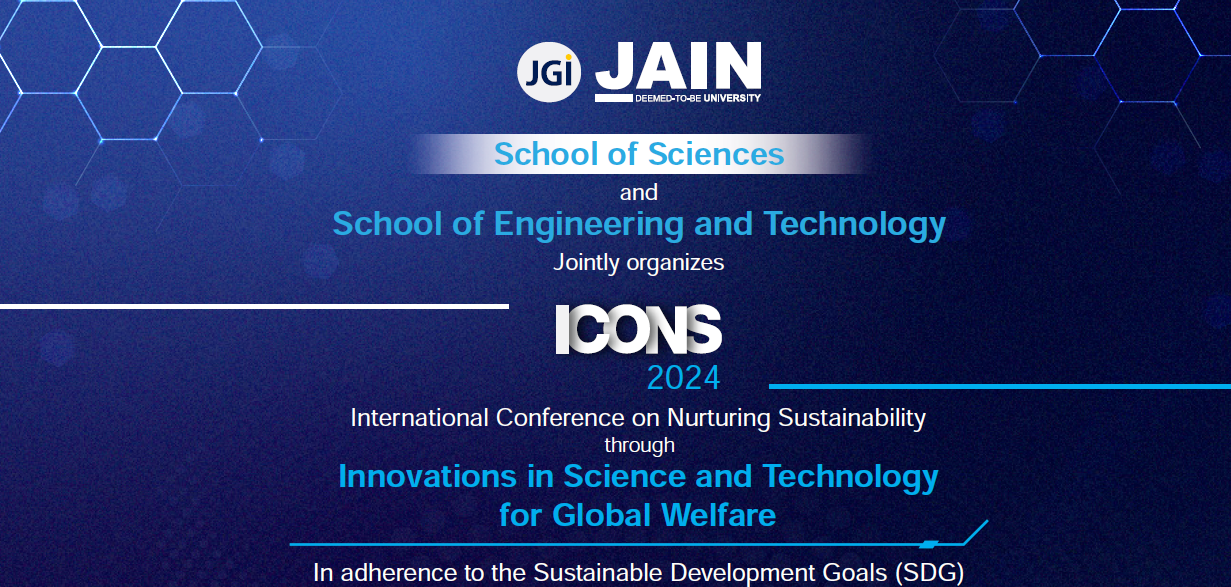Speaker
Description
The need for a sustainable and eco-friendly solution in order to address water as well as environmental pollution has led to a surge in research focusing on the development of efficient adsorbents derived from agricultural wastes. Owing to recent problems regarding water sanitation and waste management, this project was initiated in the hopes of battling such issues through sustainable and economic ways. This project consists of a review of the development and application of nano adsorbents synthesized from agricultural wastes: Rice bran waste for the mitigation of both organic and inorganic pollutants from industrial effluents. The utilization of these agricultural wastes as precursors for nano adsorbents offers a promising avenue for waste valorization and environmental remediation. Various synthesis methods, including physical, chemical, and biological approaches, have been employed to convert these abundant agricultural residues into nanostructured adsorbents with enhanced surface properties and adsorption capacities. The application of these nano adsorbents in the removal of organic pollutants such as dyes, phenols, pesticides, and pharmaceuticals, as well as inorganic pollutants including heavy metals, metalloids, and metal ions, from industrial effluents has been extensively investigated. The high surface area, porous structure, and functional groups present on the nano adsorbents facilitate efficient adsorption of pollutants through mechanisms such as ion exchange, surface complexation, and electrostatic interactions. Furthermore, the influence of various factors such as pH, temperature, conductivity initial pollutant concentration, contact time, and adsorbent dosage on the adsorption performance of nano adsorbents has been systematically evaluated. Optimization of these parameters is crucial for enhancing the efficiency and practical applicability of nano adsorbents in industrial wastewater treatment processes.

